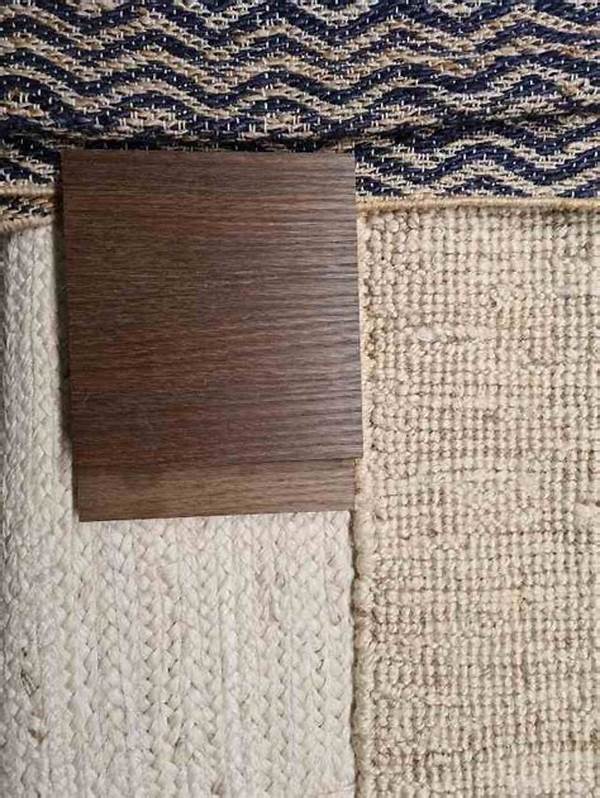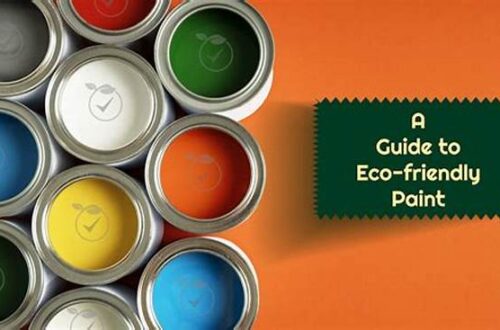In a world increasingly conscious of sustainability and eco-friendliness, integrating organic materials into our daily lives has become more than just a trend—it’s a necessity. When it comes to home decor, specifically rugs, the shift towards organic materials is a smart and responsible choice. Embracing organic material rug alternatives allows us to contribute to environmental conservation while enhancing the aesthetics of our living spaces. Imagine stepping onto a rug that not only spruces up your decor but also aligns with your values of sustainability. It’s a win-win situation, where comfort meets conscience. Let’s delve into how these alternatives can transform your home.
Read Now : Upscale Beachfront Property Styling Tips
Why Choose Organic Material Rug Alternatives?
Choosing organic material rug alternatives might seem like a small change, but it carries significant benefits for both your health and the environment. Firstly, organic rugs are free from harmful chemicals. Unlike conventional rugs, which may emit volatile organic compounds (VOCs) and other toxic substances, organic rugs are created from natural fibers like wool, cotton, and jute. These organic materials do not only enhance indoor air quality but also provide a safer environment, especially for children and pets.
Additionally, when you opt for organic materials, you support sustainable farming practices. Organic farming techniques prioritize soil health, water conservation, and biodiversity, reducing environmental impact. This means that every organic rug you purchase directly contributes to a healthier planet. Moreover, the natural textures and colors of organic rugs bring warmth and authenticity to any space, making them a timeless addition to your home.
Finally, it’s about making conscious consumer choices. By investing in organic material rug alternatives, you send a strong message to manufacturers about the demand for sustainable products. This collective demand can drive industry-wide changes, encouraging companies to develop more eco-friendly practices. You’re not just buying a rug; you’re becoming a part of a meaningful movement towards a sustainable future.
Types of Organic Material Rug Alternatives
1. Wool Rugs: Wool is a classic choice for its durability and comfort. As a renewable resource that’s often sheared without harm to sheep, wool rugs are a beloved organic material rug alternative.
2. Cotton Rugs: Cotton is a versatile and soft option. When sourced organically, cotton rugs present an eco-friendly and comfortable choice for homes.
3. Jute Rugs: Known for their rustic appeal, jute rugs are not only biodegradable but also add an earthy touch to any decor.
4. Hemp Rugs: Hemp, as an organic fiber, is incredibly durable and resistant to wear, making hemp rugs a sustainable choice.
5. Sisal Rugs: Harvested from the agave plant, sisal rugs are sturdy and have a natural aesthetic that complements various style palettes.
The Benefits of Switching to Organic Material Rug Alternatives
Switching to organic material rug alternatives is a powerful step towards a healthier living environment. The natural fibers are not only aesthetically pleasing but also contribute to improved air quality in your home. Traditional rugs often release chemicals that can aggravate allergies and asthma, whereas organic alternatives are free from such pollutants. This can lead to better respiratory health and overall well-being for you and your loved ones.
Moreover, organic rugs are biodegradable, meaning they won’t contribute to landfill waste at the end of their life cycle. This is a significant advantage in our fight against the overwhelming amounts of waste produced globally. With these rugs, you are contributing to reducing the environmental footprint. In essence, by choosing organic, you are ensuring that your beautiful home does not come at the expense of the health of our planet.
How to Identify Genuine Organic Material Rug Alternatives
Identifying true organic material rug alternatives requires some attention to detail and knowledge of certifications. Look for labels such as GOTS (Global Organic Textile Standard), which ensures that textiles are produced sustainably and ethically. Checking for credible certifications can prevent you from falling prey to greenwashing—a marketing tactic where products are falsely claimed to be environmentally friendly.
1. GOTS Certification: Ensures the textile meets organic standards.
2. Fair Trade Label: Indicates ethical production.
3. Oeko-Tex Standard: Tests for harmful substances in textiles.
Read Now : Scandinavian Modern Interior Design With Neutral Palettes
4. Country of Origin: Understanding where the rug is made can provide insights into its production practices.
5. Materials Listed: Verify that all materials are indeed organic and free from synthetic fibers.
6. Manufacturer’s Ethics: Research the company’s sustainability claims and history.
7. Durability Guarantees: Genuine organic rugs should last longer and come with durability promises.
8. Customer Reviews: Real user feedback can provide insights into the rug’s authenticity and performance.
9. Price Considerations: While organic rugs can be pricier, they offer better quality and sustainability value.
10. Transparency: Brands committed to sustainability often provide detailed product information.
Making the Most of Organic Material Rug Alternatives for Home Decor
Integrating organic material rug alternatives into your home decor is not only about aesthetics; it’s about creating a space that resonates with your values and lifestyles. Imagine a living room where the natural texture of a jute rug complements wooden furniture, or a bedroom where a soft wool rug enhances your cozy ambiance. These organic rugs add a touch of nature to any room, effortlessly blending style with responsibility.
Beyond just the physical appeal, these rugs can be a topic of conversation, inspiring others to consider their eco-footprint. They embody a narrative of sustainability and environmental respect, silently urging everyone who steps foot in your home to think differently about everyday choices. You’re not merely showcasing a personal style; you’re heralding a shift towards mindful living, making your home a leader in the revolution against environmental apathy.
Conclusion: The Impact of Embracing Organic Material Rug Alternatives
Embracing organic material rug alternatives is more than a home decor decision—it’s a commitment to eco-friendly living. As consumers become more environmentally aware, the demand for sustainable products like these rugs will only grow. By choosing organic, you contribute to a green economy, supporting brands that prioritize the health of our planet.
Your choice to integrate organic rug alternatives into your home signifies your role in a larger, meaningful movement. It reflects a deep understanding that every consumer decision can shape the future of our environment. Transform your living space with these beautiful, sustainable options, and inspire others to follow suit, ensuring that together, we pave the way for a healthier, greener planet.





